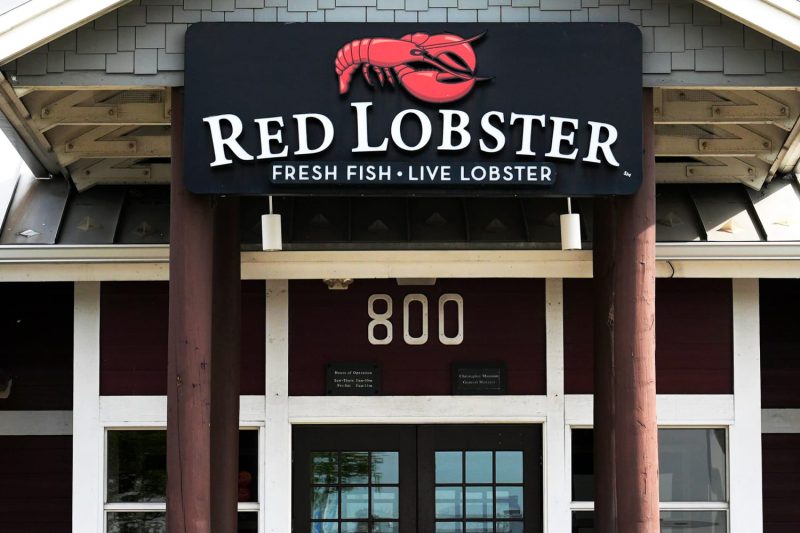Private equity firms play a significant role in influencing the strategies and outcomes of the companies they invest in. Red Lobster, a well-known seafood chain, found itself struggling after being acquired by a private equity firm. The narrative surrounding the decline of Red Lobster often focuses on the introduction of the Endless Shrimp promotion as a key factor. However, a deeper analysis reveals that the issues plaguing the chain were more complex and rooted in the actions of the private equity firm that controlled it.
Upon acquiring Red Lobster, the private equity firm made several decisions that ultimately impacted the chain’s performance. One such decision was the sale of the company’s valuable real estate assets. By selling these properties and leasing them back, Red Lobster found itself burdened with high lease expenses that ate into its profitability. This move highlights a common strategy employed by private equity firms to extract value from their investments quickly, often at the expense of the long-term health of the company.
Additionally, the private equity firm implemented cost-cutting measures at Red Lobster, which had adverse effects on the chain’s operations. These measures included reducing portion sizes and quality of ingredients, resulting in a decline in the overall dining experience for customers. As a result, Red Lobster lost its competitive edge in the casual dining market and struggled to attract and retain customers.
Furthermore, the private equity firm’s focus on short-term profits led to a lack of investment in innovation and menu development at Red Lobster. This failure to adapt to changing consumer preferences and culinary trends left the chain stagnant while competitors introduced new and exciting offerings. The decline in menu innovation further eroded Red Lobster’s appeal and contributed to its declining sales and revenue.
In conclusion, the downfall of Red Lobster was not solely due to the introduction of the Endless Shrimp promotion but rather a culmination of decisions made by the private equity firm that controlled the chain. By prioritizing short-term gains and neglecting long-term sustainability, the private equity firm hindered Red Lobster’s ability to thrive in a competitive market. This case serves as a reminder of the significant influence private equity firms can have on the companies they invest in and the importance of aligning investment strategies with the best interests of the business and its stakeholders.



























